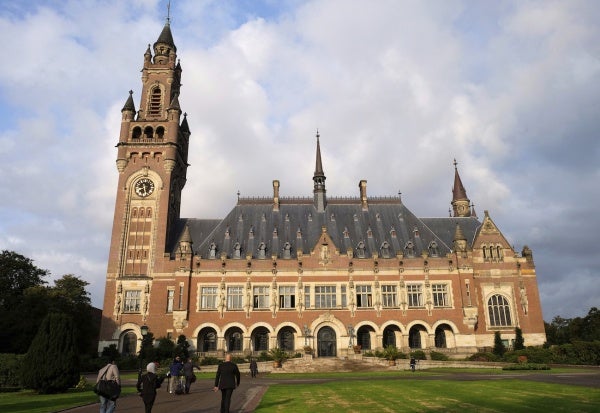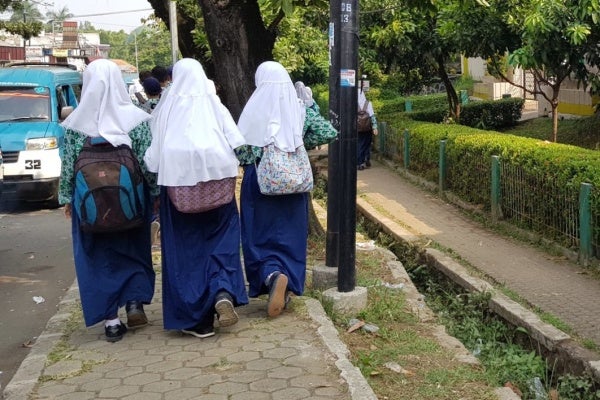Lire la version en français / Hier die deutsche Ausgabe lesen
Last month, the International Court of Justice (ICJ) told the government of Israel it had to “take immediate and effective measures to enable the provision of urgently needed basic services and humanitarian aid” in Gaza. It was a legally binding order, and Israel was to report back on its compliance with the order within one month.
Today, one month later, Israel has failed to comply.
The government of Israel continues to obstruct the provision of basic services and the entry and distribution within Gaza of fuel and lifesaving aid. In fact, Israeli authorities have allowed even fewer trucks into Gaza and fewer aid missions into northern Gaza in recent weeks than in the weeks preceding the World Court order.
As we’ve highlighted before in this newsletter, weaponizing starvation and collective punishment of the population are war crimes.
The court orders came in the context of the “genocide case” against the government of Israel at the ICJ, an independent court based in The Hague. In December, South Africa’s government filed the case, alleging that, in the wake of the Hamas-led October 7 attacks on Israeli civilians, Israel has committed atrocities against the Palestinian people that violate the 1948 Genocide Convention.
Obligations to civilians are nonreciprocal. The fact that Hamas-led fighters committed war crimes against Israeli civilians – does not justify Israeli war crimes against Palestinian civilians.
A final determination on the question of “genocide” may take years, but in January, the court ruled on interim “provisional measures” to address the immediate situation. Citing “catastrophic conditions” in Gaza, the court issued legally binding orders, including an order to enable the provision of basic services and humanitarian assistance.
International humanitarian law is clear here: an occupying power is responsible for the wellbeing of an occupied population. As the occupying power in Gaza, Israel is obliged to provide for the welfare of people in Gaza and ensure their humanitarian needs are met. And in any situation of armed conflict, warring parties are required to facilitate the rapid delivery of humanitarian aid to civilians.
The government of Israel is both ignoring these legal obligations and openly flouting the World Court’s legally binding order. It is a direct challenge to the rules-based international system.
As Israeli authorities continue to flout their obligations to Gaza’s 2.3 million Palestinians, the only real hope is other countries will pressure Israel’s government to not just facilitate, but also to actively provide life-saving aid.
With so many lives at stake, they should use all forms of political and economic leverage, including individual sanctions and suspension of arms transfers, to press the Israeli government to comply with international law.









